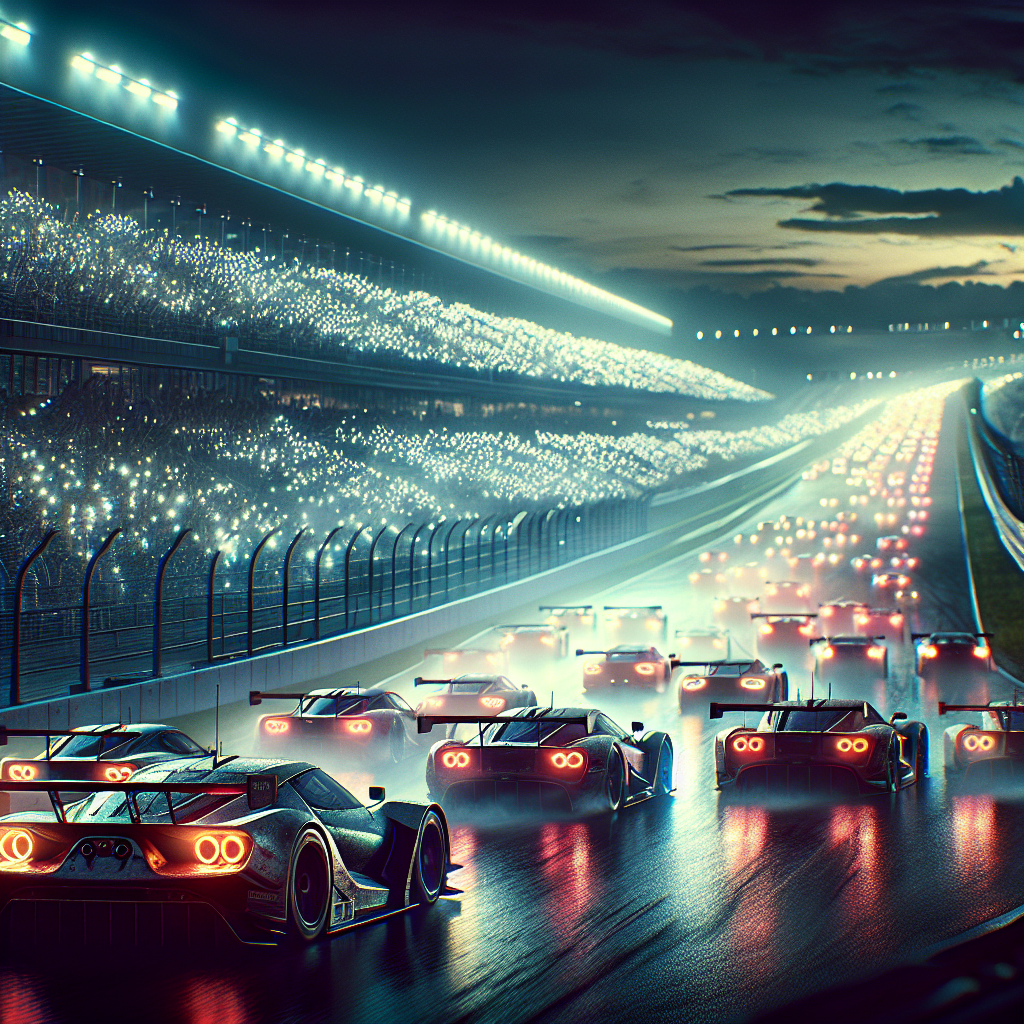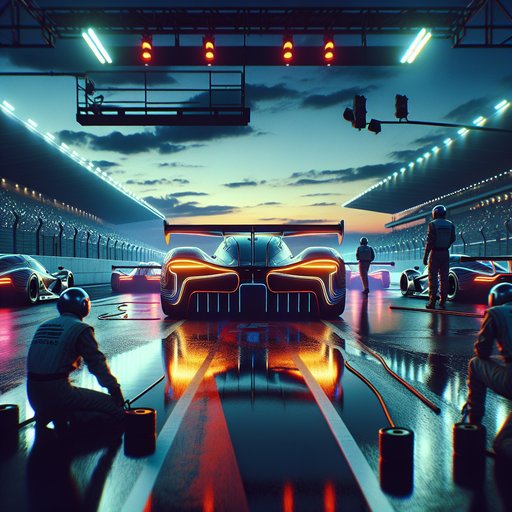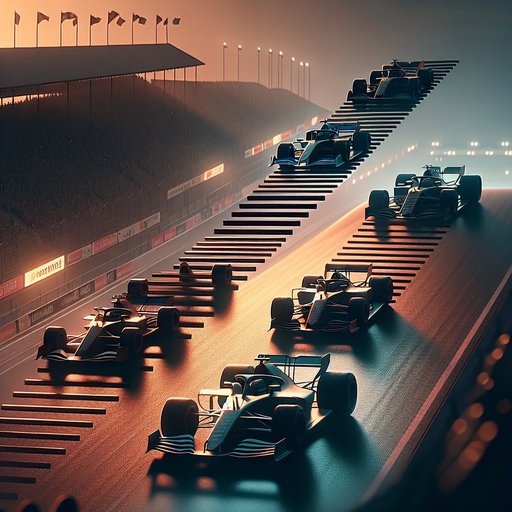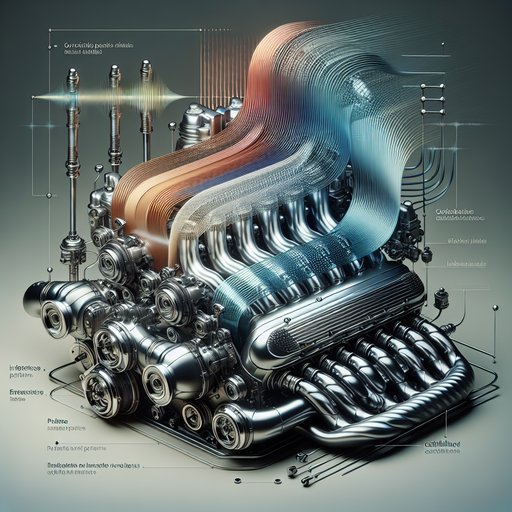
The world of GT racing saw significant developments as Formula 1 champion Max Verstappen's GT3 team secured a notable victory, while IMSA competition heats up with Porsche eyeing crucial championship points at Indianapolis. The convergence of different racing categories and evolving regulations continues to shape the future of sports car racing, with manufacturers and teams adapting to new challenges.
In a remarkable display of multi-discipline involvement, Max Verstappen expressed frustration at missing his GT3 team's victory while he was occupied with Formula 1 qualifying in Baku. The F1 champion, who has expanded his racing interests into GT3 competition, was notably "pissed" about being unable to watch his drivers secure their win during the extended F1 qualifying session [1].
The GT3 category continues to demonstrate its appeal to both manufacturers and privateers, with various competitive offerings in the market. The racing format has proven so successful that it has influenced special edition road cars, exemplified by exclusive models like the Alpina B3 GT3, which showcases the connection between track and street performance [2].
In the IMSA championship, Porsche has set its sights on securing titles at the Indianapolis six-hour race, highlighting the importance of endurance events in the GT racing calendar [3]. The manufacturer's commitment to GT racing demonstrates the category's continued significance in international motorsport.
The broader sports car racing landscape is undergoing significant discussions regarding future regulations, with ongoing talks about merging LMH and LMDh rulebooks. These discussions aim to create a more unified approach to sports car racing regulations, potentially affecting how manufacturers participate across different series and categories [4].
















